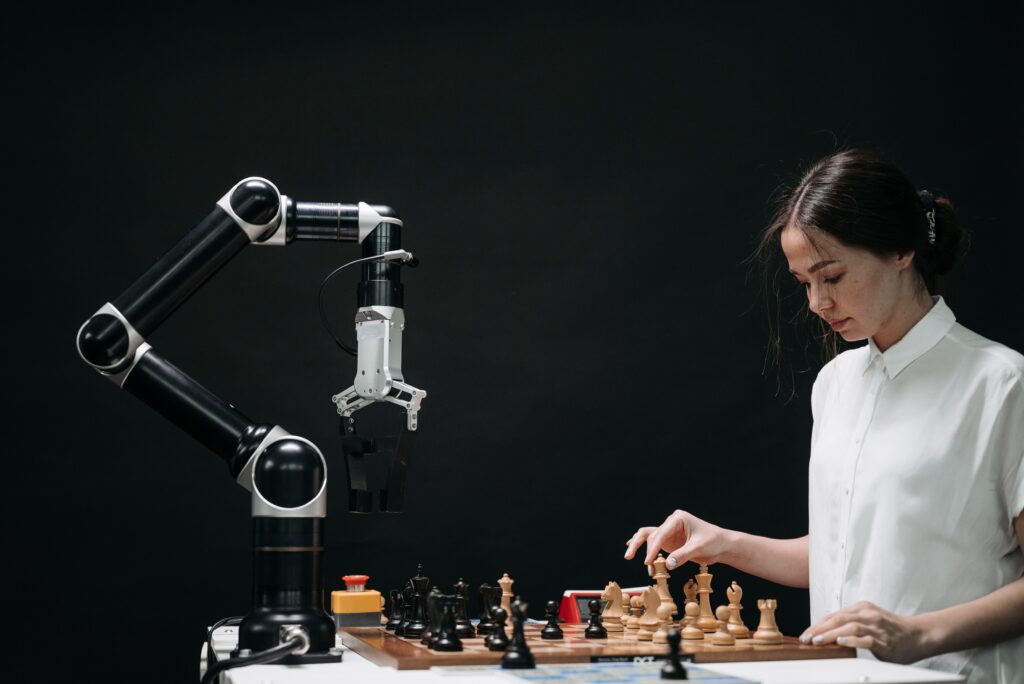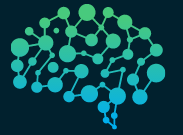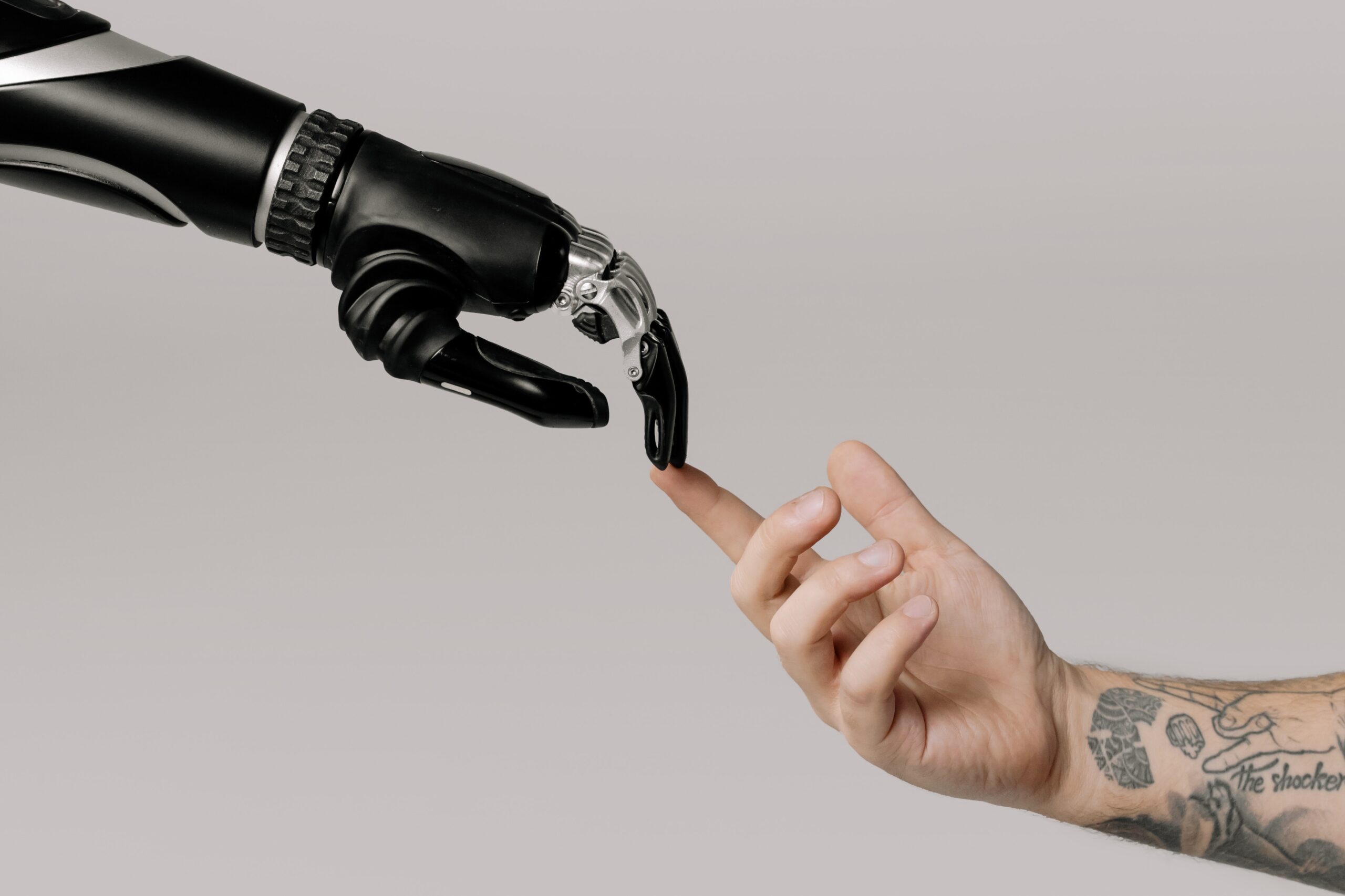Future of Artificial Intelligence
The future of technology is intertwined with the remarkable advancements of Artificial Intelligence (AI). The fusion of human ingenuity and machine intelligence opens a realm of endless possibilities. As we propel ourselves towards a future brimming with AI-driven innovations, it is essential to reflect on how far we have come and envision the transformative potential AI holds for our technical world. In this article, we embark on a journey through time, exploring the past achievements of AI, its current state, and the boundless opportunities it offers for the future.
Must Read…..
How to Integrate IP Camera in YOLO Model: A Comprehensive Guide for Enhanced Object Detection
The Past: The Roots of AI
The roots of AI can be traced back to the 1950s, when visionaries dared to imagine machines that could simulate human intelligence. From early AI pioneers like Alan Turing to the Dartmouth Conference, we’ll recount the milestones that paved the way for AI’s evolution.
The Present: AI’s Impact on the Technical World

Today, AI is an integral part of our lives, impacting industries, economies, and societies on a global scale. We’ll explore the current state of AI, from natural language processing powering virtual assistants to computer vision enabling autonomous vehicles. The article will showcase how AI has already transformed diverse sectors such as healthcare, finance, manufacturing, and entertainment.
AI and the Technical World: A Symbiotic Relationship:
The relationship between AI and the technical world is symbiotic. While AI leverages technology to achieve groundbreaking feats, it, in turn, pushes the boundaries of technical innovation. We’ll discuss how AI fosters advancements in hardware, data storage, cloud computing, and quantum computing, and how these technological leaps enhance AI capabilities.
Beyond Human Intelligence: General AI on the Horizon
General AI, often depicted in science fiction, is the idea of machines possessing human-level intelligence and consciousness. We’ll delve into the ongoing research and challenges in developing such AI systems, as well as the potential implications, both positive and concerning, of achieving general AI.
The Impact on the Workforce: A Shift in Skills
As AI automates certain tasks, it reshapes the workforce and demands a shift in skills. We’ll examine how human-AI collaboration can create new job roles, enhance creativity, and empower professionals to focus on higher-value tasks that require emotional intelligence and critical thinking.
AI Ethics: Paving the Path to Responsible AI
As AI becomes omnipresent, ensuring its ethical use is paramount. We’ll explore the ethical considerations surrounding AI, such as data privacy, bias, transparency, and accountability. The article will emphasize the need for collaborative efforts from policymakers, businesses, and AI developers to ensure responsible AI practices.
Healthcare Revolution: AI’s Role in Advancing Medicine
AI’s potential to revolutionize healthcare is awe-inspiring. We’ll delve into how AI-driven diagnostics, drug discovery, and personalized treatment plans are transforming patient care, extending lifespans, and advancing medical research.
Also Read….
How to extract data from website using python web crawler
The Future: AI’s Journey of Possibilities
The future of AI is brimming with possibilities. From space exploration and climate change mitigation to eradicating poverty and revolutionizing education, we’ll explore the potential applications of AI that could shape a better world for future generations.
As we conclude our journey through the past, present, and future of AI, it becomes evident that we stand on the cusp of a technological renaissance. AI’s potential to drive unparalleled innovation, enhance human capabilities, and address global challenges is both awe-inspiring and humbling. As we embrace the future of Artificial Intelligence, it is crucial to wield this transformative power responsibly, ensuring that AI remains a force for good and a catalyst for human progress. The path ahead is illuminated with possibilities, and as we walk hand in hand with AI, we embark on an extraordinary journey towards a future limited only by our imagination.
Must Read
Google AdSense में हो रहा है ये बड़ा बदलाव | Latest update

